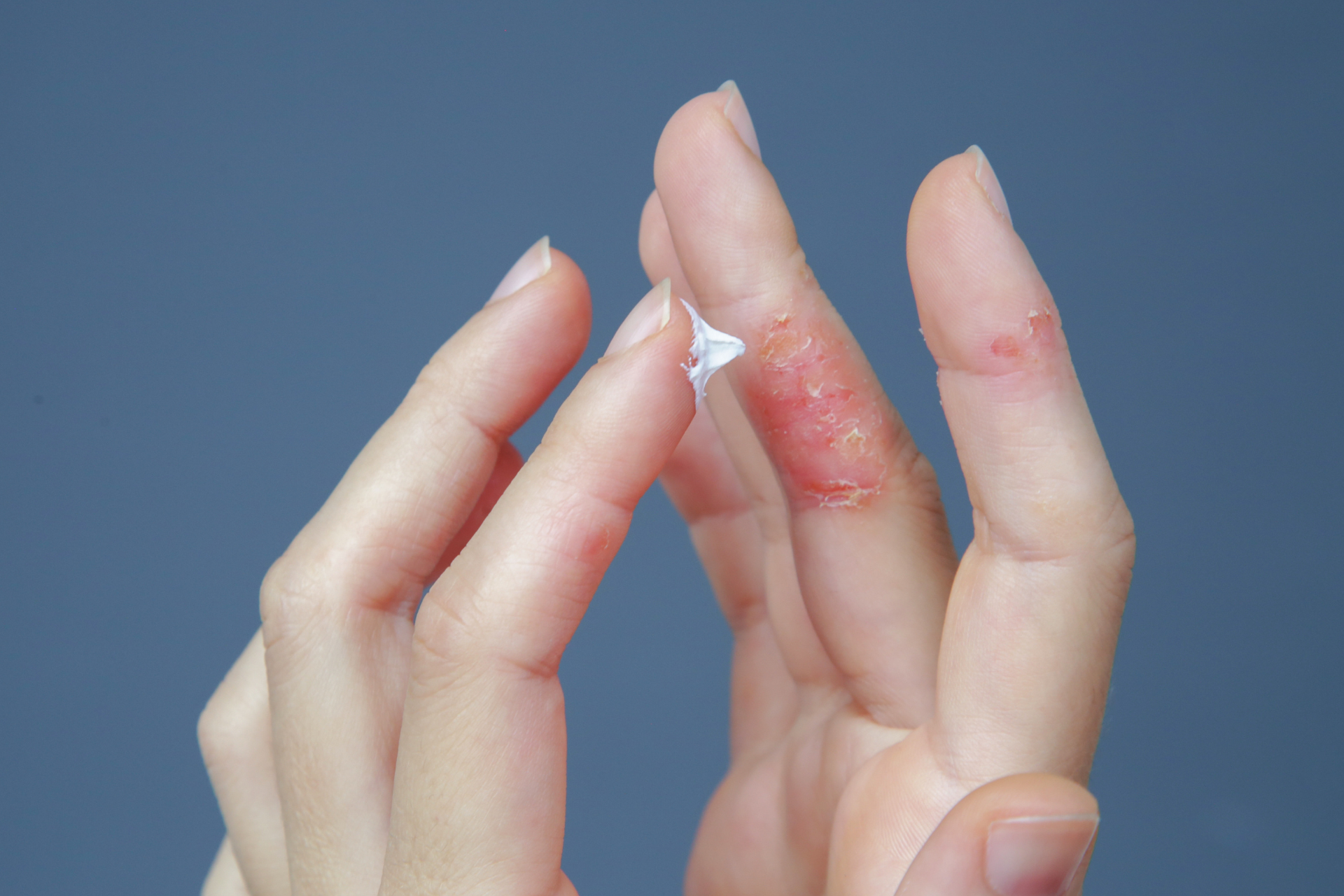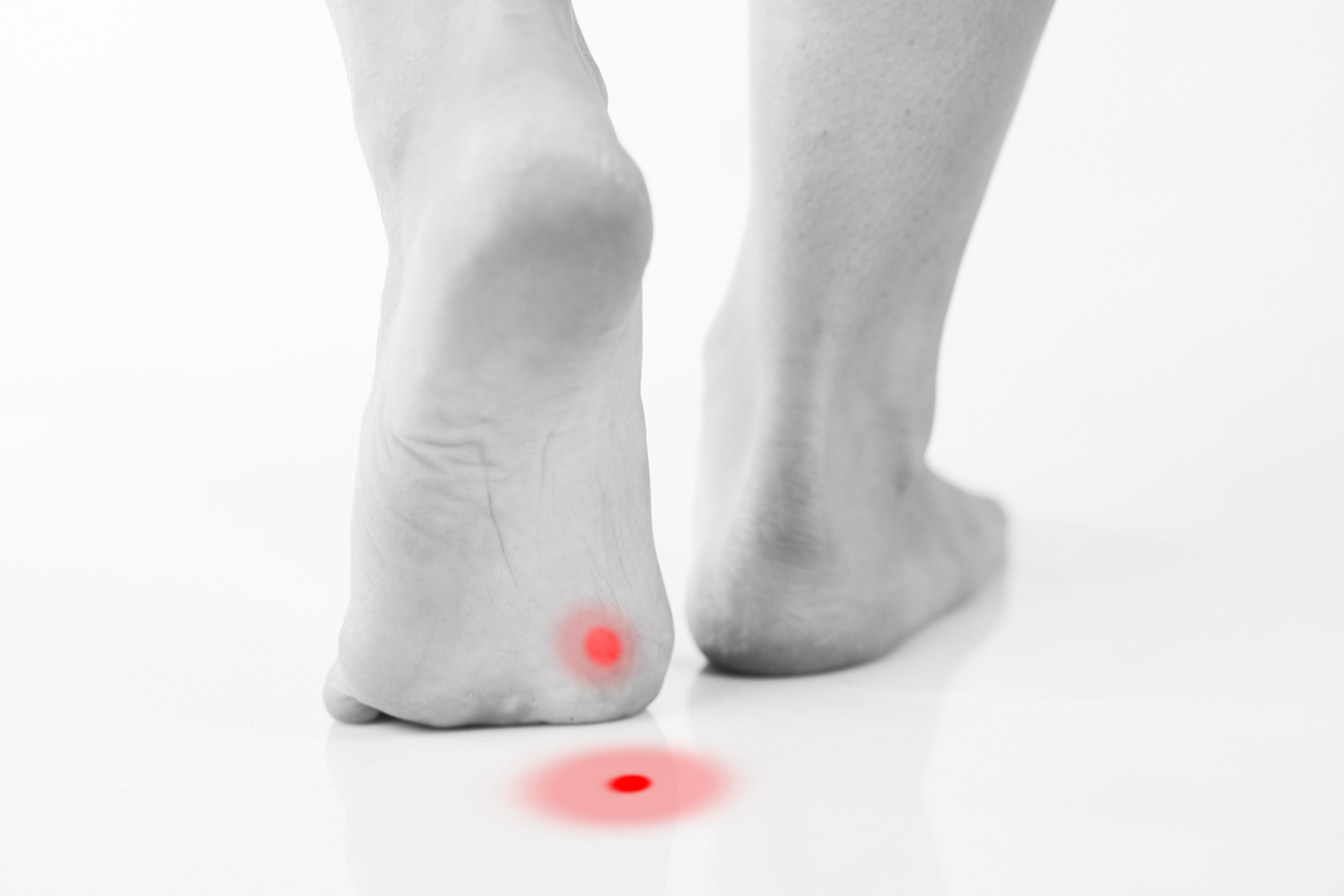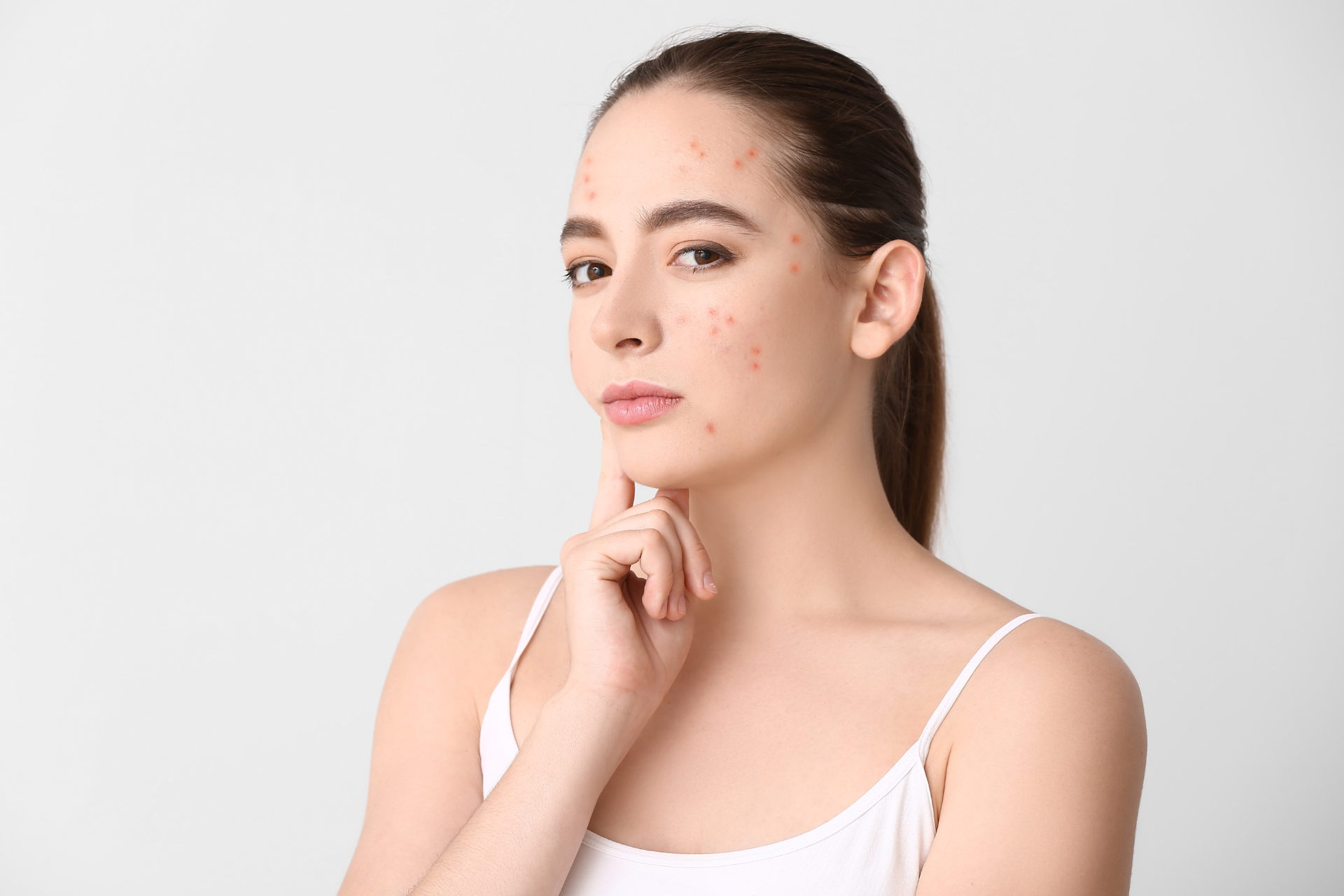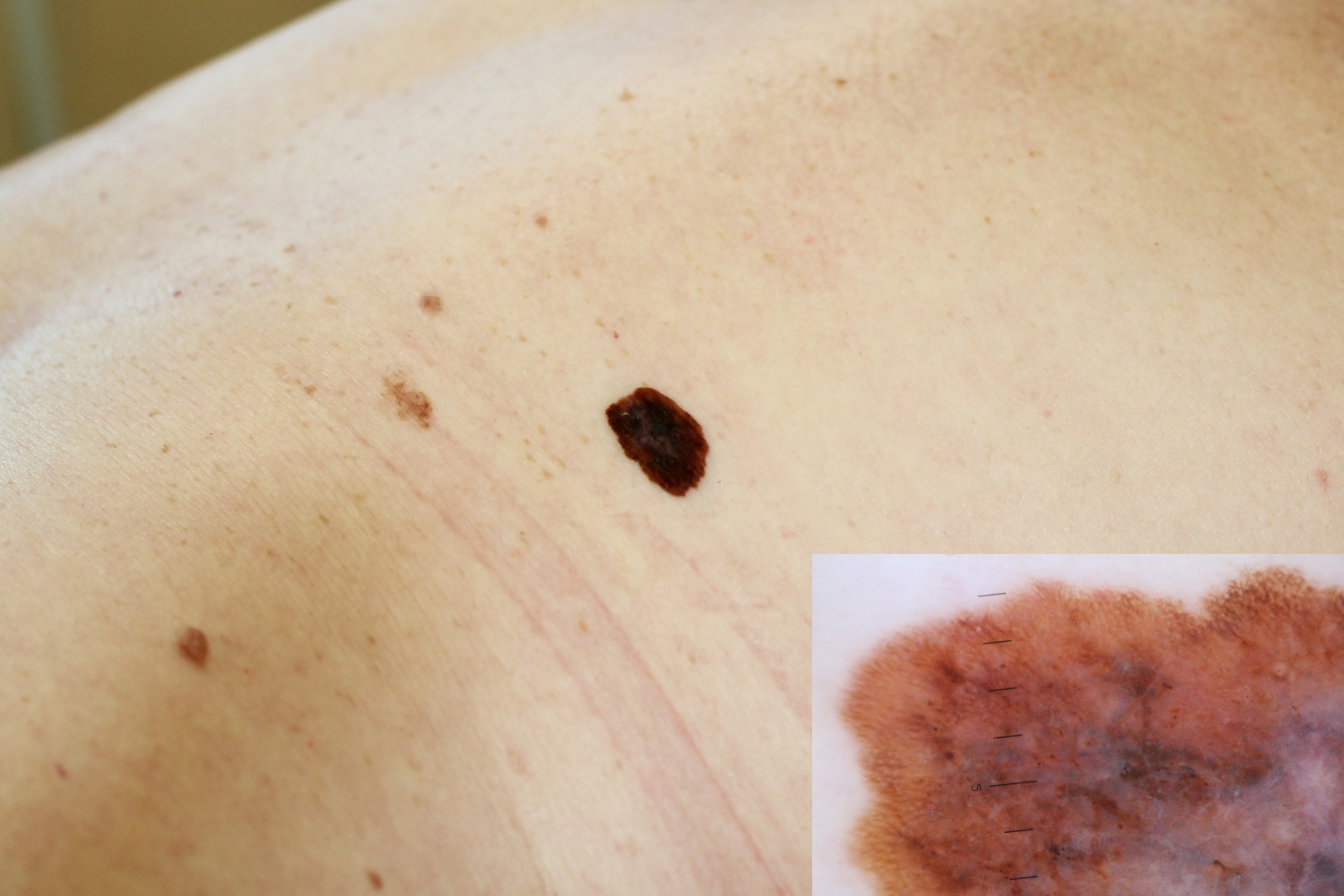Eczema Explained: Treatment Options for Soothing Eczema Flare-Ups

Living with eczema can be a challenging and uncomfortable experience. Eczema, also known as atopic dermatitis, is a common skin condition that affects millions of people worldwide. Characterized by dry, itchy, and inflamed skin, eczema flare-ups can be triggered by a variety of factors, including stress, allergens, and environmental irritants. If you or a loved one are struggling with eczema, Fall Creek Skin and Health Clinic is here to help. In this blog post, we will explore various treatment options for soothing eczema flare-ups and improving overall skin health.
1. Moisturize Regularly
One of the key strategies in managing eczema is to keep the skin well-hydrated. Moisturizing regularly with a gentle, fragrance-free moisturizer can help soothe dry, itchy skin and reduce the frequency of flare-ups. Look for moisturizers that contain ingredients like ceramides, hyaluronic acid, and glycerin, which help to repair the skin's natural barrier and lock in moisture. Applying moisturizer immediately after bathing or showering can be particularly beneficial, as it helps to seal in the moisture from the water.
2. Use Topical Steroids
In cases of moderate to severe eczema flare-ups, your healthcare provider at Fall Creek Skin and Health Clinic may recommend using topical steroids to help reduce inflammation and itching. Topical steroids come in varying strengths and formulations, so it is important to follow your healthcare provider's instructions carefully when using these medications. It is essential not to use topical steroids for an extended period without medical supervision, as prolonged use can lead to skin thinning and other potential side effects.
3. Try Anti-inflammatory Creams
In addition to topical steroids, anti-inflammatory creams containing ingredients like tacrolimus or pimecrolimus may be prescribed to help calm inflammation and reduce itching associated with eczema. These creams are particularly useful for sensitive areas of the skin, such as the face and neck. As with any medication, it is crucial to use anti-inflammatory creams as directed by your healthcare provider to achieve the best results.
4. Identify and Avoid Triggers
Eczema flare-ups can be triggered by a variety of factors, including allergens, stress, and environmental irritants. Keeping a journal to track your eczema symptoms and potential triggers can help you identify patterns and make lifestyle changes to minimize flare-ups. Common triggers for eczema include certain fabrics, soaps, detergents, and foods. Working closely with your healthcare provider at Fall Creek Skin and Health Clinic can help you pinpoint your specific triggers and develop a personalized management plan.
5. Consider Phototherapy
For individuals with persistent eczema that does not respond well to topical treatments, phototherapy may be a viable option. Phototherapy, also known as light therapy, involves exposing the skin to controlled amounts of ultraviolet A or ultraviolet B light to reduce inflammation and improve skin healing. Phototherapy is typically administered under medical supervision and may require multiple sessions to achieve optimal results.
In conclusion, eczema can be a challenging skin condition, but with the right treatment options and support from your healthcare provider at Fall Creek Skin and Health Clinic, you can effectively manage your symptoms and improve your quality of life. By incorporating a combination of moisturizing, topical medications, trigger avoidance, and potentially phototherapy, you can soothe eczema flare-ups and enjoy healthier, happier skin. Don't suffer in silence - reach out to our experienced team at Fall Creek Skin and Health Clinic for personalized care and effective eczema management strategies.




